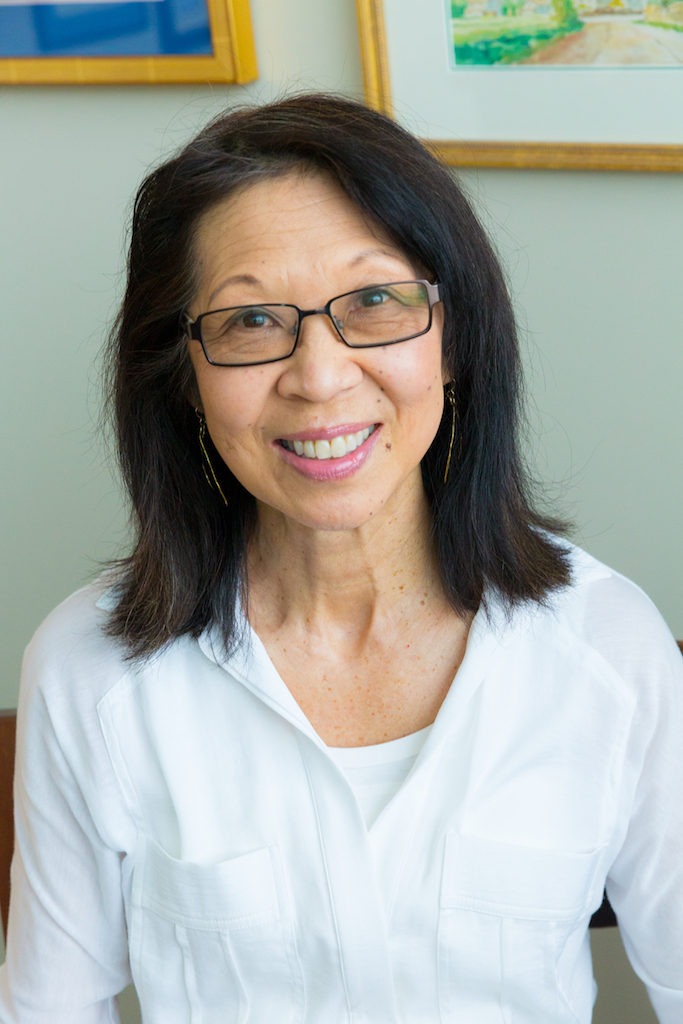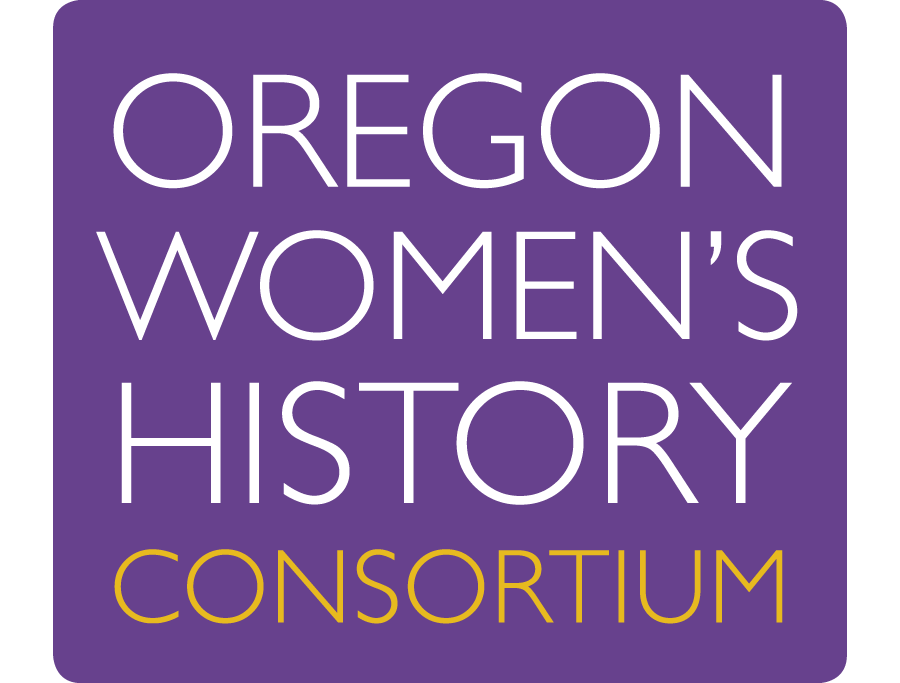
In Winter Term 2018, Katelyn Rule and Morgan Williams in Professor Kimberly Jensen’s Honors Colloquium at Western Oregon University interviewed Professor Linda Tamura about the Nineteenth Amendment centenary and the importance of the vote. Professor Tamura is Professor Emerita at Willamette University in Salem, Oregon. She has spent many years researching the history of Japanese Americans in Oregon. Her many publications include The Hood River Issei: An Oral History of Japanese Settlers in Oregon’s Hood River Valley (University of Illinois, 1993) and Nisei Soldiers Break their Silence: Coming Home to Hood River (University of Washington, 2012). We are still working to build a nation that provides equal rights for everyone. It is important not to take for granted the rights we have gained and the stories of those people who were part of the struggle to achieve those rights. In our interview, Professor Tamura focuses on Japanese Americans and their struggle for U.S. citizenship during and after World War II, and shares some of their personal stories.
Q: In your view, why is voting important?
Professor Tamura: When I find myself complaining about a policy or practice – whether it’s the upkeep of our roads, a putdown statement by an elected official, our government’s stance about rights of other Americans – I remind myself: I have a voice.
It’s my right and my obligation to give my input. I can say something. I must encourage others to do so too. And, as a citizen of our United States of America, I have a vote. I do have a voice.
Unlike my grandmother (who was prevented from becoming a U.S. citizen until she was 58) and my mom (who was unable to vote while incarcerated during World War II), I can participate every day and every year. I can say my say.
Today, in fact, we women now represent a majority of Oregonians. So our voices are even more important.
Q: What barriers to voting have some Oregon women experienced?
Professor Tamura: Japanese women who immigrated to the United States were unable to vote because, as non-whites, they were “aliens ineligible to citizenship,” considered second-class citizens. (1790 Naturalization Act) The 1952 McCarren-Walter Act finally allowed Issei (1st generation Japanese) women and men to apply for American citizenship.
With the passage of the 1922 Cable Act, Nisei women (2nd generation Japanese, citizens born in this country) who married Issei men automatically lost their U.S. citizenship (though white women did not), even if the marriage ended.
During World War II when Nikkei (those of Japanese descent) along the West Coast were incarcerated in concentration camps on American soil, it’s not clear that procedures were in place to allow them to vote, either via absentee ballots or via processes during their detention. Natasha Varner, a historian with the Densho organization, maintains that the Nisei right to vote was only “nominally intact,” with “racially motivated interventions and inadequate voter education” as well as a “hodgepodge of rules and regulations that effectively disenfranchised the Japanese American electorate.” Behind barbed wire, Nikkei also had limited knowledge of the issues and candidates on ballots. https://www.pri.org/stories/2016-10-18/japanese-americans-incarcerated-during-world-war-ii-were-still-allowed-vote-kind
In my informal survey of Nisei women, I’ve not yet identified anyone who recalls voting or voting procedures during their detention.
Q: How have some women used the vote as a tool for social change?
Professor Tamura: We have elected women to the Oregon Legislature since 1914, actually, and passed Title IX (1972), preventing discrimination on the basis of one’s sex. Since last year our laws require pharmacies to prescribe birth control pills to women and make it easier for transgender people to shield updates to their birth certificates.
Issues in our world today are evidence that women’s voices and votes are critical as we address sexual discrimination and abuse, rights of ALL citizens, and accessibility of guns, among other issues.
Q: What additional points do you feel are important for us to consider as we commemorate the ratification of the Nineteenth Amendment?
Professor Tamura: Japanese branches of the Women’s Christian Temperance Union, originating in California, formed in Portland and Seattle in 1905 to provide pathways toward women’s suffrage. Their goal was to promote a more favorable image of Japanese immigrants (Issei) and help them socialize in American society, especially encouraging more picture brides to immigrate to the US, assist their husbands in establishing themselves and raise children
These Issei women, who spoke no English, worked alongside their husbands on farms, in restaurants and hotels, etc. while also raising their children and caring for their homes. Most, as Nisei George Nakata told me, were not visible nor did they openly lobby for political equality or civil causes, choosing not to be in the forefront.
Asian Americans also seemed to be involved with the Portland Young Women’s Christian Alliance (YWCA), which supported their integration and community building, especially in Portland’s Japan Town. Frances Maeda was a volunteer, and the YWCA Archives include an interview with her. http://womhist.alexanderstreet.com/portywca/asamwomen/asamwom.htm
The Japanese American Citizens’ League, including the Portland chapter, lobbied for the passage of the 1952 McCarran-Walter Act. This eliminated race as a barrier to immigrant naturalization, allowing Issei to apply for citizenship.
(PSU’s Millar Library now houses the historical archives of the Portland JACL; specialcollections@pdx.edu)
Issei from Hood River, Oregon, with whom I spoke, recalled attending naturalization classes (co-taught by my grandfather, who read and spoke English), diligently studying American government and U.S. history and even reciting the Pledge of Allegiance in preparation for their tests.
Mrs. Hama Yamaki told me that, because the manuals were in English, she studied by referring regularly to her Japanese dictionary. “I studied the questions and practiced writing out the answers,” she told me. “My husband and I quizzed each other. I even learned the Pledge of Allegiance in case they asked me to recite it. I studied so hard that I felt I just had to pass!” (Tamura, Hood River Issei, 250)
Once she completed her citizenship exam, the relieved Mrs. Yamaki wrote a haiku that appeared in a Seattle newspaper:
After I was older
I achieved American citizenship
And greeted a new year.
“I felt privileged to be able to cast my vote,” Mrs. Tei Endow told me. In preparation for voting, she carefully studied sample ballots and discussed issues with friends. “I finally felt that my one vote may have mattered.” (Tamura, Hood River Issei, 251)
Mrs. Shizue Iwatsuki, who organized the Japanese Christian Women’s Society in Hood River,* also wrote a tanka commemorating this occasion:
A naturalized citizen now
I have the right to vote.
So today I climb
The steps of this building.
*Mrs. Iwatsuki also received the Sixth Class Order of the Precious Crown from the Japanese Emperor and was named Hood River Woman of the Year, both in 1974.
